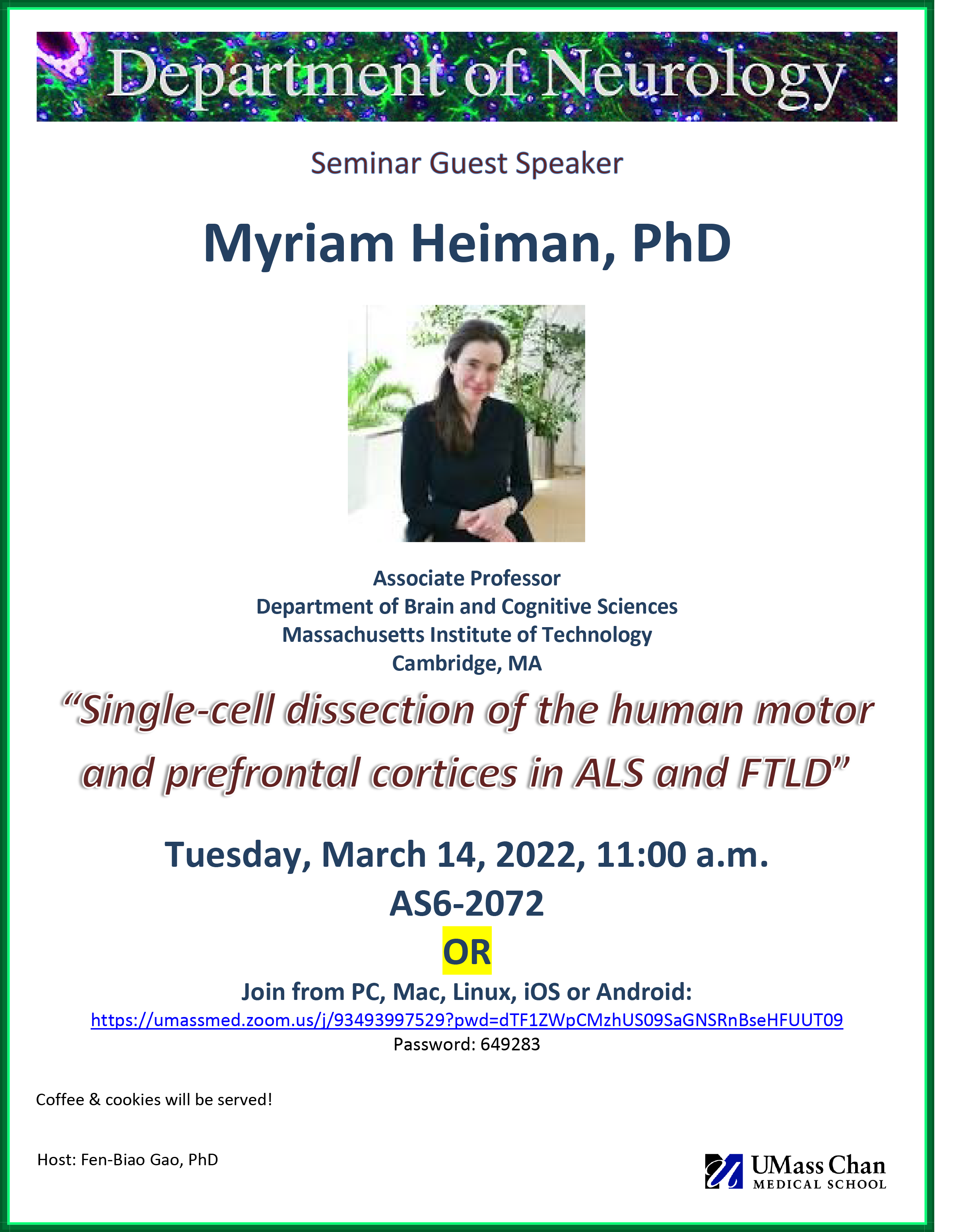March 2023 Faculty Care Group Seminar Series

Islamic Community Engagement
The Muslim population is a significant sector of society in the United States and continues to grow. Many Americans know little about Islam or Muslims, and unfortunately views toward Muslims recently have become increasingly polarized along political lines. Though many Americans have negative views toward Muslims and Islam, 53 percent say they don’t personally know anyone who is Muslim, and a similar share (52 percent) say they know “not much” or “nothing at all” about Islam. This session seeks to educate us about Islam and highlight the good work that our wonderful colleague is doing.
Muhammad Ramzan, MD, is an assistant professor, a graduate of Liaquat National Hospital and Medical College, in Karachi Pakistan and a distinguished alumnus of our residency program and practices general neurology, neurophysiology and stroke neurology. Ramzan, MD is the president of the Worcester Islamic Center and shepherded this community for many years and hosted numerous events including pilgrimages to Mecca and numerous community outreach projects to help the needy in Central Massachusetts. He is also director of social services of the Worcester Islamic Center and has been working with UMASS Chan Medical School in a program to aid Afghan refugees in finding employment.
March 2023 Neurohumanities Seminar Series

Compassionomics
As we undergo our vigorous training programs and day-to-day clinical work to improve our clinical, neuroanatomical, diagnostic and management skills to be competent clinicians, we can sometimes lose sight of the heart of our profession and our mission as neurologists. As long as we master the cognitive and technical aspects of care, does it really matter if we actually and sincerely care about our patients? Does it impact outcomes? If we learn to work efficiently and cost-effectively, does it make a difference if we have empathy and compassion for our patients? In this health care system that is profit driven and emphasizes productivity and de-emphasizes cognitive clinical skills and at times de-humanizes the practice of medicine, why should we care about caring? These are some of the questions around Compassionomics that were discussed in our session.
Elizabeth R. Degrush, DO, is an assistant professor of neurology and psychiatry and is the training director of the Combined Neurology-Psychiatry Residency program and associate training director of the General Psychiatry Residency program. She sees patients at UMASS Memorial Health and at Community Neuroscience Services and is a graduate and former excellent chief resident of our combined Neurology-Psychiatry residency program. She has published on various neuropsychiatric topics in Alzheimer’s Disease and the effect of statins, electrophysiological markers, gender differences, neuro-psychological testing, the impact of AD drugs and predictors of conversion from mild cognitive impairment to Alzheimer’s disease.




